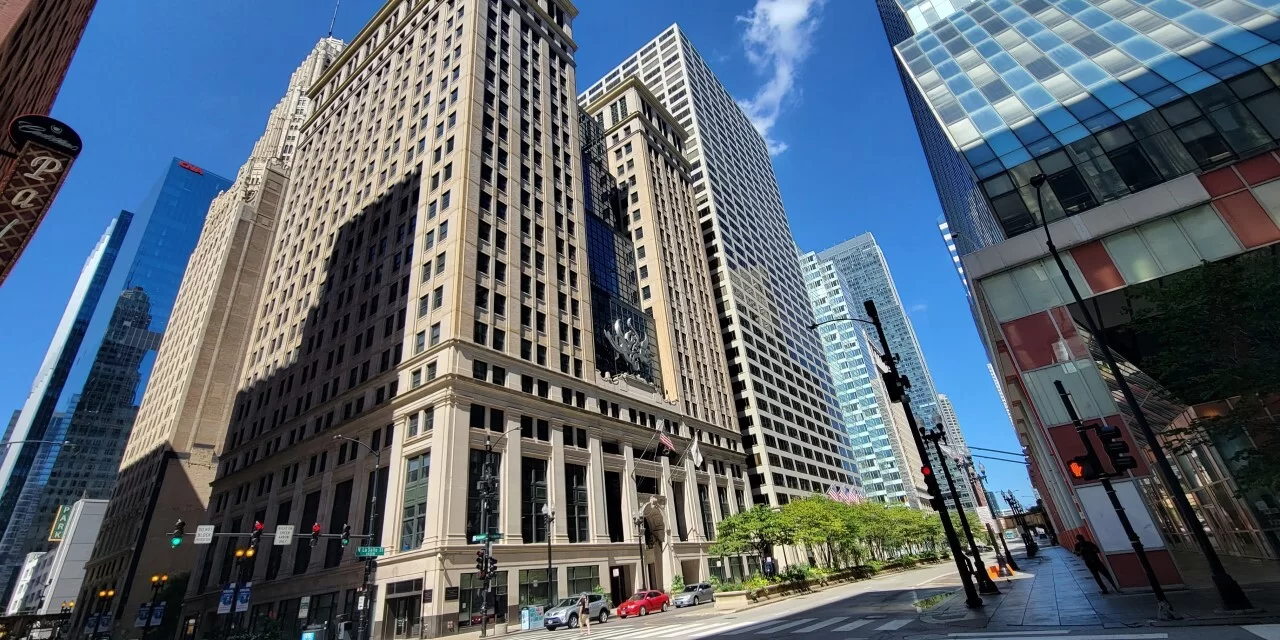A state appeals panel upheld a Cook County jury’s decision to award $6 million to the family of a woman who died of respiratory failure and blamed the doctor who prescribed opiates, alleging she should’ve known the patient was already abusing such drugs.
Jose Ramirez, the independent administrator of the estate of the late Ebeilda Ramirez, sued Dr. Holly Carobene and Comprehensive Pain Care in September 2021. The wrongful death complaint traced Ramirez’s history to a 2006 work-related injury and a 2010 hydrocodone prescription from Dr. Lloyd Blakeman to treat severe abdominal pain.
According to court records, Ramirez began seeing Carobene in June 2011 after Blakeman stopped authorizing refills without an office visit. Although Ramirez was taking the drug three times daily, the estate alleged, Carobene prescribed the drug for neck and back pain without first checking the state’s Prescription Monitoring Program database.
Ramirez died in 2015. The estate alleged she never stopped using hydrocodone and repeatedly misled Carobene about her use of the drug and claimed the addiction caused her death. After a jury found in favor of the estate, Cook County Circuit Court Judge John Ehrlich denied the defendants’ motion for a judgment notwithstanding the verdict.
“The jury could have reasonably found that, but for Carobene prescribing and ultimately increasing Ramirez’s prescription for hydrocodone, Ramirez would not have become addicted and would not have eventually crushed her medication and injected it into her PICC line,” Ehrlich wrote. “There was sufficient evidence for the jury to conclude that Ramirez's death was not so extraordinary a result that Carobene could not be found liable.”
The defendants challenged the ruling before the Illinois First District Appellate Court. Justice Thomas Hoffman wrote the panel’s opinion, filed in January; Justices Freddrenna Lyle and Ramon Ocasio concurred.
On appeal, the defendants said Judge Ehrlich should’ve approved their posttrial motion because the estate’s expert testimony was speculative, which they also argued meant the jury verdict was against the manifest weight of evidence. They also argued Ehrlich shouldn’t have been allowed to assess almost $650,000 in prejudgment interest because the law allowing such awards is unconstitutional.
Hoffman said the defendants forfeited their chance to make the latter arguments. Regarding the posttrial motions, the panel examined whether the estate proved both elements required to prevail on a proximate death causation claim.
In challenging expert testimony, Carobene and CPC said the evidence insufficiently supported the assertion “that, had Dr. Carobene ceased prescribing hydrocodone to her, Ramirez would not have obtained the drugs that killed her from another source or injected another medication in a similar manner.”
One estate expert said Carobene should have transitioned Ramirez to buprenorphine, but the defendants argued there was no testimony asserting she wouldn’t have crushed and injected that drug, which also could’ve been fatal. But the panel said the testimony wasn’t speculative.
“The cause-in-fact analysis looks at whether the plaintiff’s harm would have resulted absent the defendant’s conduct, and it is a simple fact that if Dr. Carobene had not been prescribing hydrocodone to Ramirez, for whatever reason, then Ramirez would not have had the hydrocodone that killed her,” Hoffman wrote. “Asking whether Ramirez would have obtained hydrocodone from another source or would have injected another medication is not the relevant inquiry, and it is not reasonable to require the estate’s experts to exclude every other possible way that Ramirez could have died, particularly ones that involve issues of Ramirez’s own agency.”
The second proximate cause prong is a legal question, the panel said, specifically whether the ultimate outcome was foreseeable or a likely consequence of the alleged conduct. The defendants said Carobene didn’t believe Ramirez had an addition, the patient didn’t present narcotic bowel syndrome symptoms and that her behavior related to hydrocodone access in 2011 and 2012 didn’t portend drug abuse in 2015.
The panel said since the defendants were the appealing party, it doesn’t matter what Carobene said she believed in light of expert testimony “that Ramirez demonstrated symptoms of opiate use disorder or addiction as early as January 2012.” Nor does it matter that the defendants said Ramirez didn’t have narcotic bowel symptoms because the estate’s witnesses claimed she did, as the jury was entitled to choose which expert to believe.
“The passage of three years between Ramirez’s red-flag behavior in 2011 and 2012 and her death from misuse of her medication in 2015 does not preclude Dr. Carobene’s violations of the standard of care from being the cause of Ramirez’s death,” Hoffman wrote. “Among the ways that the estate alleged that Dr. Carobene violated the standard of care were by prescribing hydrocodone to Ramirez at the outset of their relationship despite her history of doctor shopping and by continuing to prescribe the drug to her in 2012 after Ramirez showed signs of misuse and addiction by obtaining narcotics from other providers, asking for early refills of prescriptions and submitting negative urine screens.”
Ultimately, the panel said the defendants’ focus on the fact Ramirez injected a drug into a PICC line is secondary to the estate’s allegation she died of acute hydrocodone toxicity and its convincing argument Carobene should’ve foreseen the potential negative outcome when she prescribed the drug in 2011 and 2012.
The panel further noted the defendants could not raise concerns about the manifest weight of the evidence after not doing so in their initial posttrial motion and said not only are their arguments about the constitutionality of the prejudgment interest law similar to contentions already found to be meritless before three other appellate courts, but the appeal presents no argument as to why this panel should reach a different conclusion.
The defendants are represented by Cunningham, Meyer & Vedrine and Donohue Brown Mathewson & Smyth, both of Chicago.
Representing the estate is Clifford Law Offices, of Chicago.
The firms did not respond to requests for comment.
